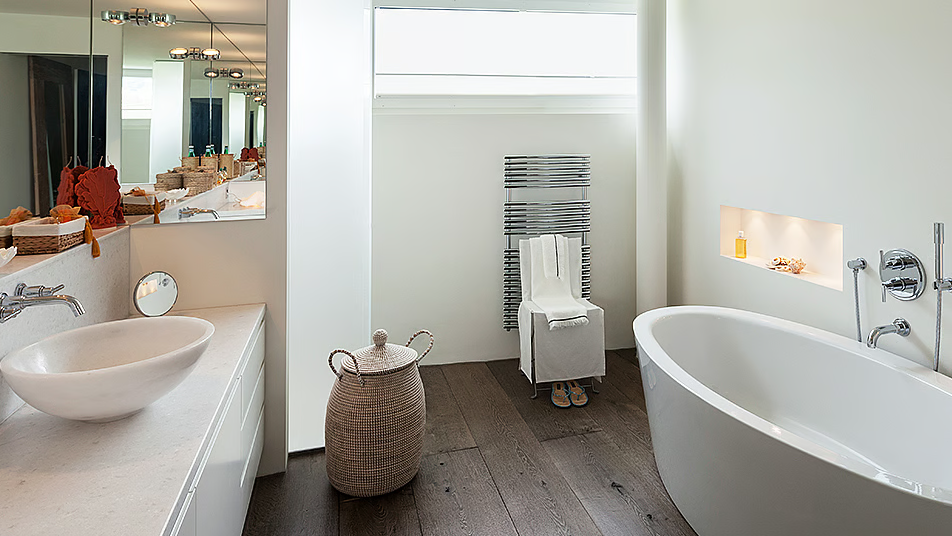Density As a natural stone used in construction and decoration, granite is a very dense substance. This is why knowing the density of granite is important, as it can give you an idea of the type of granite that you need to use for such and such applications. This article goes more detail about how the density of Granite affects the durability.
Understanding Granite Density
Essential information on the density of granite Granite comes in the form of igneous rock where the major minerals are quartz, feldspar and micas. Granite is one of the densest natural stones utilized in design and architectural, with an average density of a little over 3 grams per cubic centimeter(3,050 Kg/m3). Granite Porosity and Intergranular Spaces The second property of granite is the density of 124 lb/cuft. which is as an indicator of porosity and size of intergranular spaces.
Performance Degradation due to High Density
Less Porous: Lesser the porosity, higher the density of granite A reduction in porosity results in fewer spaces for water and air to enter into the material, thereby, significantly improving the strength of the surface to with stand weathering, staining and growth of bacteria. This is especially important for use like kitchen countertops where stain resistance and cleanliness is key.
High Density for Durability: The high density in granite allows it to also be extremely strong, capable of resisting scratches, chips, and cracks. Due to its hard wearing nature, granite can stand up against years of heavy use and even extreme environmental factors without compounding to the integrity of the entire installation.

Testing Granite Density
The density of granite can also be identified via water absorption tests rather simple in nature. Granite with high water absorption rate and low density is of poor quality. A good quality granite absorbs very low water (just 0.5% of it is generally water if calculated on the basis of its weight), which signifies it has a dense and tightly packed stone.
Choosing the Right Granite
During a process of selecting the right material for a purpose, remember that both aesthetic features and properties of granite should match. Although these are typically more expensive, high-density granite is much more resilient overall and will cost far less to maintain in the longer term. If the area is used more often or will be outside then it is especially recommended for obvious reasons.
Here are things to look for: Kitchen countertops – you will want to select high-density granite for your kitchen countertops, given their high-use application. A lower density granite is fine for areas where there is less of the footfall, and a wider variety of colours and patterns, at a lower price.
Care and Maintenance
Granite should be sealed on a regular basis in order to retain the appearance and protect the durability of the product. Like all granite surfaces, your countertops are protected from liquids and stains by the layer of sealant that covers the porous stone. Clean with pH-neutral cleaners to avoid etching or damage on the sealant.
Knowledge of these granite properties, including granite density, assures better choices when selecting this multi-purpose natural stone for your design projects. For more from densidad del granito, click through here, for some of the best stones on the market. Opting for the right granite, along with regular care, means your investment in granite can last for generations.
